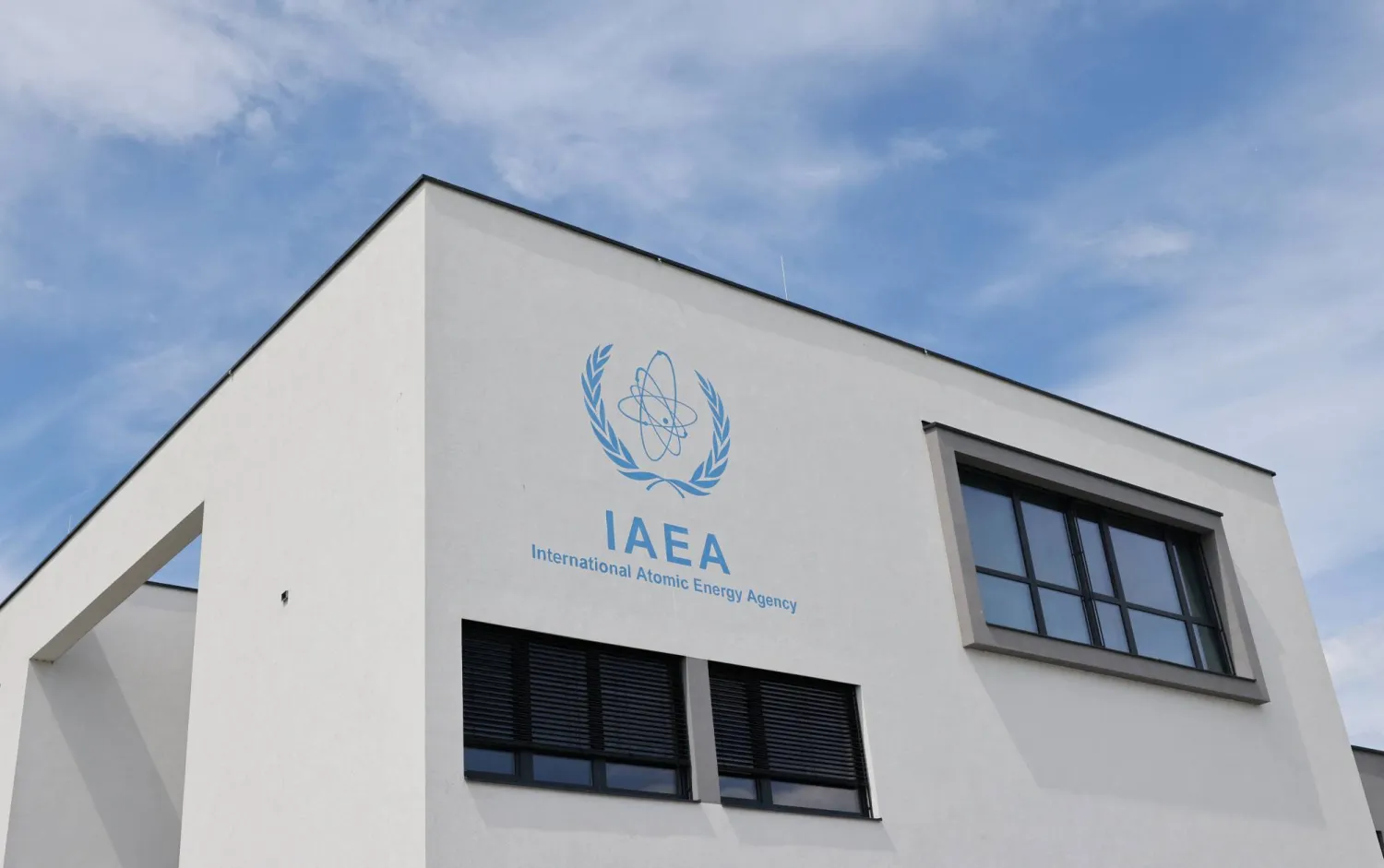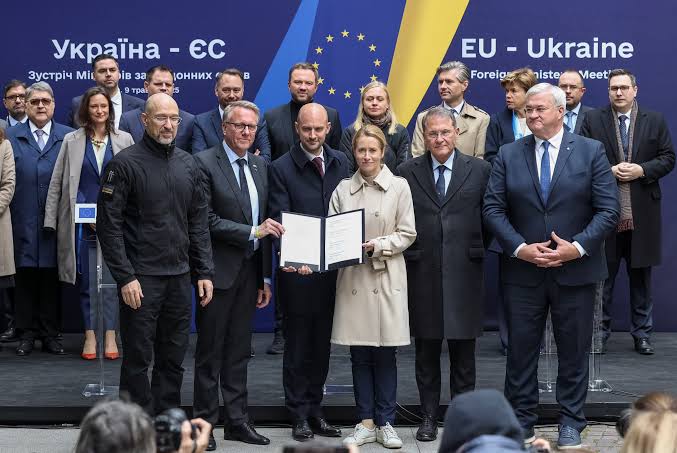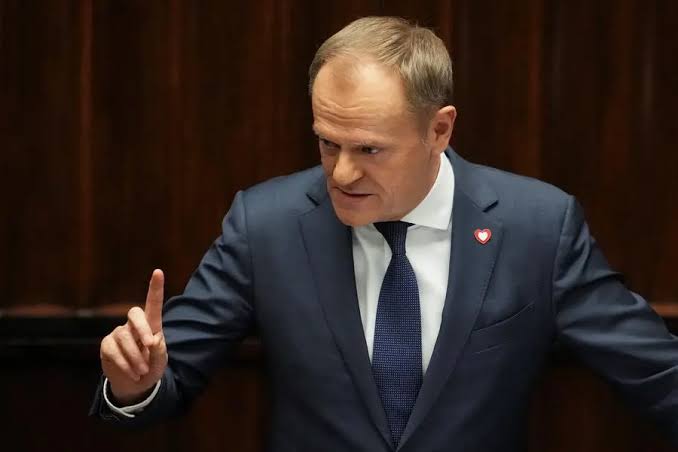Western powers are reportedly preparing to push the International Atomic Energy Agency’s (IAEA) board to declare Iran in breach of its non-proliferation obligations at its upcoming quarterly meeting. This would be the first such declaration in almost 20 years and is likely to provoke a strong reaction from Tehran, according to diplomats.
This move is expected to further complicate ongoing talks between the United States and Iran, which aim to impose new restrictions on Iran’s rapidly advancing nuclear program.
The United States, along with its European allies Britain, France, and Germany (the E3), has previously proposed resolutions adopted by the IAEA’s 35-nation Board of Governors, calling on Iran to take steps such as explaining uranium traces found at undeclared sites.
The IAEA is preparing to circulate its quarterly reports on Iran to member states before the board meeting, which begins on June 9. One report will be a “comprehensive” account of issues including Iran’s cooperation, as requested by a board resolution in November. Diplomats anticipate this report will be critical of Iran.
“We expect the comprehensive report to be tough, but there were already no doubts over Iran not keeping its non-proliferation commitments,” a European official said.
Following the report’s release, the United States is expected to draft a resolution declaring Iran in breach of its safeguards obligations, according to multiple diplomatic sources. This text will be discussed with board members before being formally submitted by the four Western powers during the quarterly meeting.
The last time the IAEA board formally declared Iran in breach of its safeguards obligations was in September 2005, stemming from the discovery of clandestine nuclear activities.
The United States and the IAEA now believe Iran had a secret, coordinated nuclear weapons program that it halted in 2003. Iran denies ever having had a weapons program and maintains its nuclear technology is for peaceful purposes only.
A separate IAEA board resolution in February 2006 referred Iran’s non-compliance to the U.N. Security Council, which subsequently imposed sanctions.
Diplomats have not yet determined when the Western powers might seek to refer the matter to the Security Council, and the potential actions of the Security Council remain unclear.
The most immediate impact of a resolution is likely to be on Tehran’s talks with the United States and any further nuclear steps Iran decides to take.
A senior Iranian official told Reuters that Tehran would react to a resolution by “expanding nuclear work based on (the content of) the resolution.”
The IAEA board has consistently passed recent resolutions proposed by Western powers on Iran, suggesting this one is also likely to pass, with Russia and China consistently opposing such measures.
Iran has historically responded to IAEA criticism by escalating its uranium enrichment program or barring IAEA inspectors.
Iran is currently enriching uranium to up to 60% purity, which is easily convertible to the 90% required for weapons-grade material. The IAEA estimates Iran has enough material enriched to 60% to produce six nuclear weapons if further enriched.





